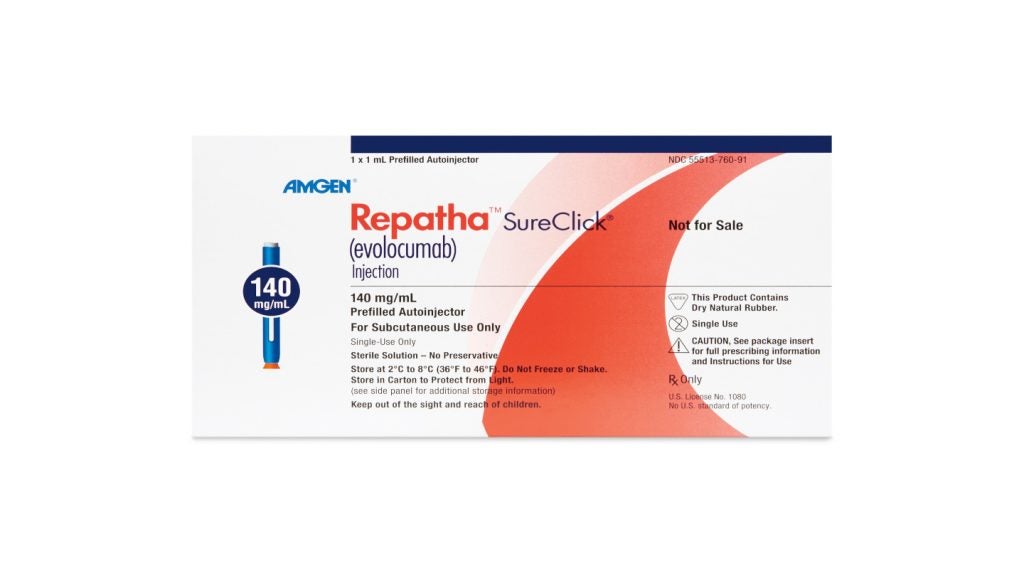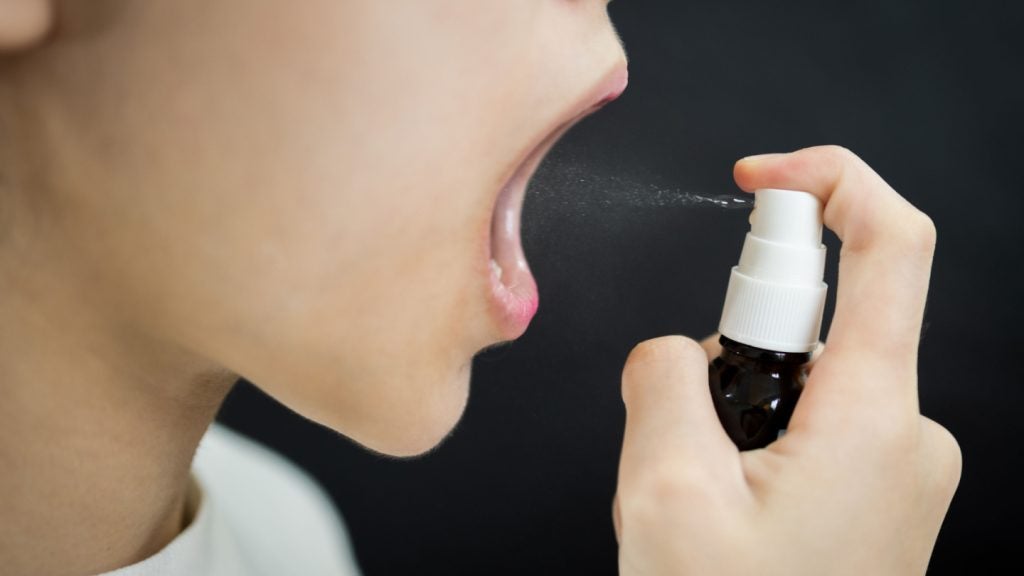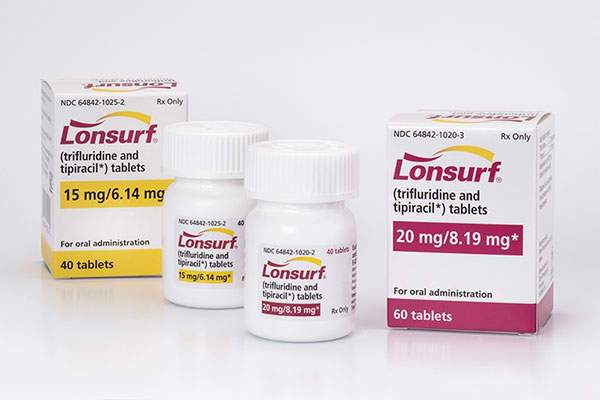Wilate is a von Willebrand Factor/Coagulation Factor VIII (vWF/FVIII) concentrate developed for the treatment of von Willebrand disease (vWD). The drug contains a double inactivated virus. It is the first replacement treatment produced specifically for vWD.
Developed by Switzerland-based Octapharma, Wilate was first approved in Germany in February 2005 for the treatment of all types of vWD. In July 2009, Wilate was approved in Canada for the treatment and prevention of bleeding in haemophilia A patients.
The US Food and Drug Administration (FDA) approved the drug in December 2009 for treating trauma-induced bleeding episodes, and awarded it orphan drug exclusivity approval in January 2010. Wilate became commercially available in the US in May 2010.
von Willebrand Disease
vWD is the most common inherited bleeding disorder, and affects about 1-2% of the US population. The disorder prevents the body from producing vWF, a human protein which helps in the clotting of blood.
vWF acts as a binding factor between platelets and damaged sub-endothelial tissues formed after an injury. It is also involved in the transportation and stabilisation of FVIII, which is involved in blood clotting. A deficiency in vWF concentration leads to a reduction in FVIII activity and abnormal functioning of platelets. Excessive bleeding occurs as a result.
Type 1 and Type 3 vWD are the result of a quantitative deficiency of vWF. Type 2 vWD occurs due to the qualitative abnormality of vWF. Type 3 is considered to be the rarest and most severe type of vWD.
Wilate – a vWF/FVIII concentrate
Wilate contains vWF extracted from pools of human plasma that Octapharma has sourced from various FDA-approved plasma donation centres in the US. The vWF contained in Wilate helps to re-establish platelet adhesion and primary haemostasis (clot formation). It also induces correction of FVIII deficiency in vWD patients.
The production process involves two virus-inactivation procedures, a solvent/detergent process and terminal dry-heating treatment. In addition, an ion-exchange chromatography process is used to ensure viral safety.
This gives Wilate a 1:1 ratio of vWF and ristocetin cofactor. The FVIII activities in Wilate are also comparable to that of normal plasma. Wilate has a better safety and tolerability profile as protein impurities in the drug are eliminated. This better safety profile also removes the need to add albumin as a stabiliser.
Clinical trials
In clinical trials, Wilate demonstrated its efficacy in treating bleeding during major surgical procedures and acute bleeding episodes. Four clinical trials were conducted to establish the safety and tolerability of Wilate in vWD patients, all of which were open-label and non-randomised, and were conducted across multiple European sites. The studies involved 70 patients and 1,068 bleeding episodes.
Clinical studies for Wilate were not carried out under a US IND and involved centres outside the US. For approval of Wilate in the US, the FDA devised a review plan to overcome the difference between its practices and those of the European Medicines Agency. The plan was accepted by Octapharma.
Marketing commentary
Currently, only two vWF/FVIII complex drugs are available in the US – Grifols Biologicals‘ Alphanate and CSL Behring’s Humate-P. With the addition of Wilate, vWD patients will have access to a new treatment in the product class.










